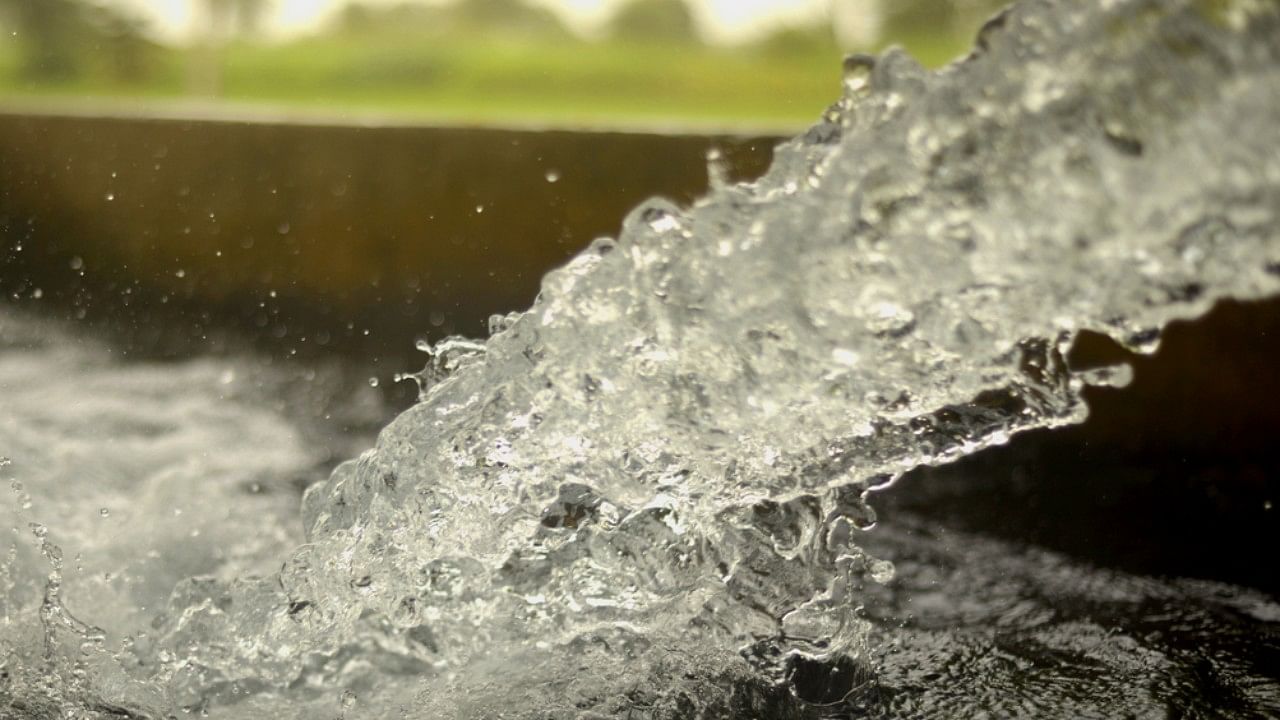
The NGT said the Central Ground Water Authority, responsible for regulating groundwater, did not take any independent steps on the grounds that water is a state subject.
Credit: iStock Photo
Bengaluru: The National Green Tribunal (NGT) has asked the Central Ground Water Authority (CGWA) to "specifically" look into the status of commissioning and operation of arsenic and fluoride remediation systems at household levels in areas that have their presence beyond the permissible limit.
The principal bench of the NGT was hearing a suo-motu case over the reports on groundwater contamination by arsenic, a toxic heavy metal, and fluoride, a chemical substance, whose presence in water needs to be regulated.
Listing out the “hotspot” states, including Karnataka, a bench, comprising Justice Prakash Shrivastava and expert member A Senthil Vel, had asked the authority to file a report giving details of the remedial action taken at places where the samples have been found to be beyond the prescribed limit and the outcome of the remedial action.
In its report, the CGWA pointed to the aquifer mapping programmes, awareness drives and sharing of groundwater quality data with the states as major steps in its effort to mitigate the impact of the contaminated water on human health.
The authority has divided the districts in all the states into blocks for assessing the groundwater quality.
As per the data, groundwater in 25 states was contaminated with arsenic (above 0.01 mg/litre), while 27 states had fluoride (above 1.5 mg/litre) contamination. "These are the hotspots where the CGWA is required to focus and take remedial action, but in the report no such remedial action is reflected," it said.
The bench also noted that the authority has not provided tabulated information on the states, where a high number of blocks had groundwater contaminated with fluoride, though similar information for arsenic contamination was available.
Besides directing the authority to submit the data, the bench said the CGWA should get responses from all the state-level authorities regarding mitigation measures. The authority was told to submit details on measures in highly contaminated places.